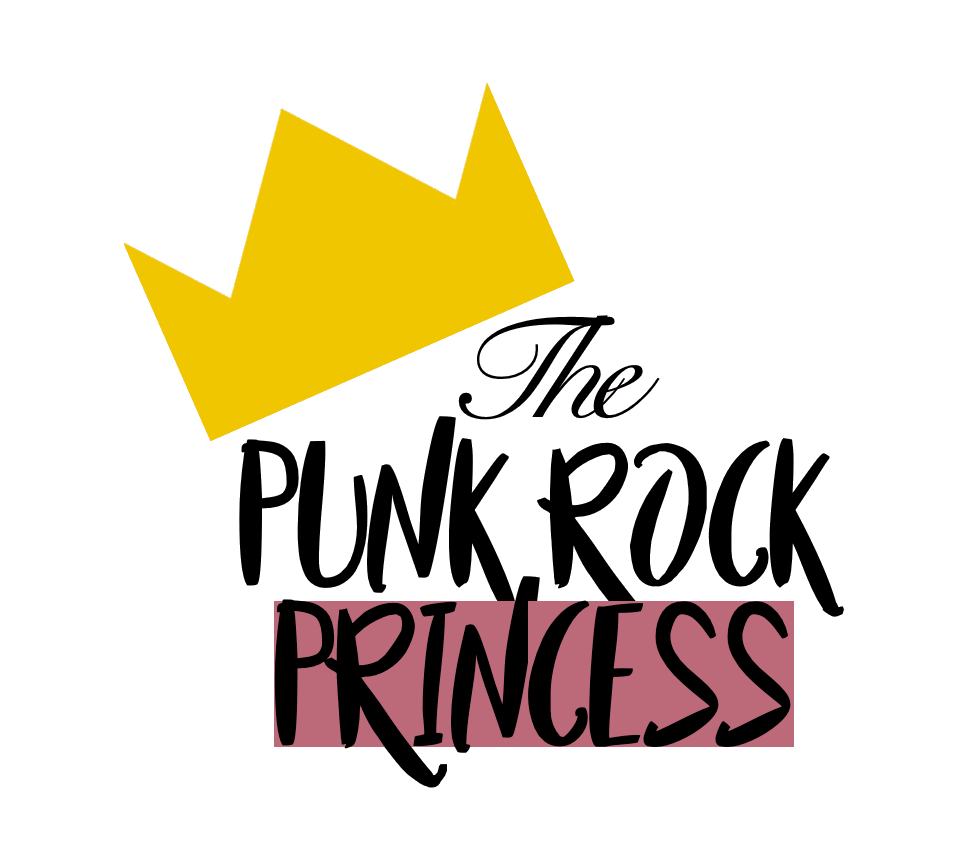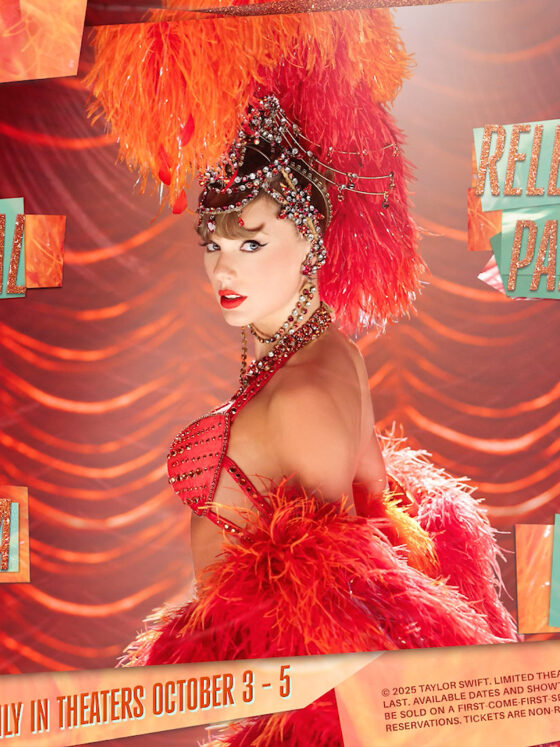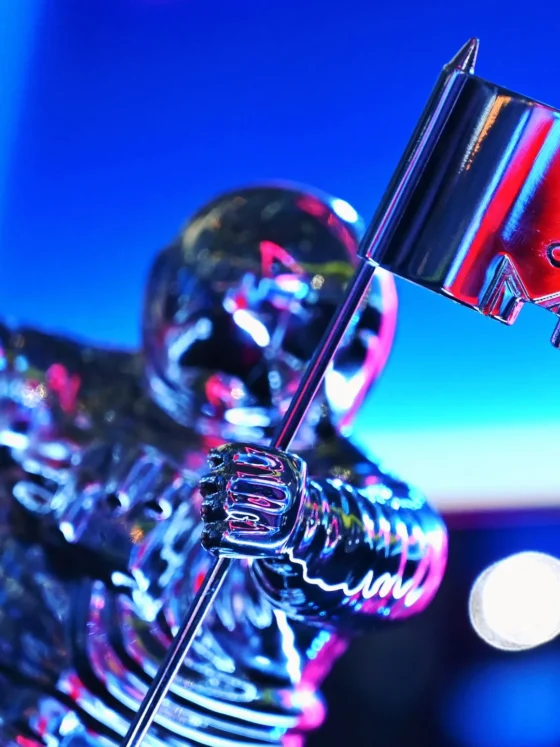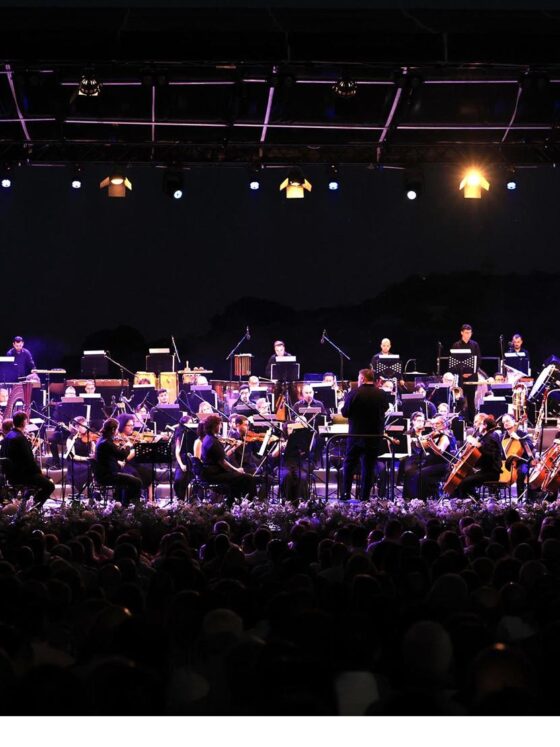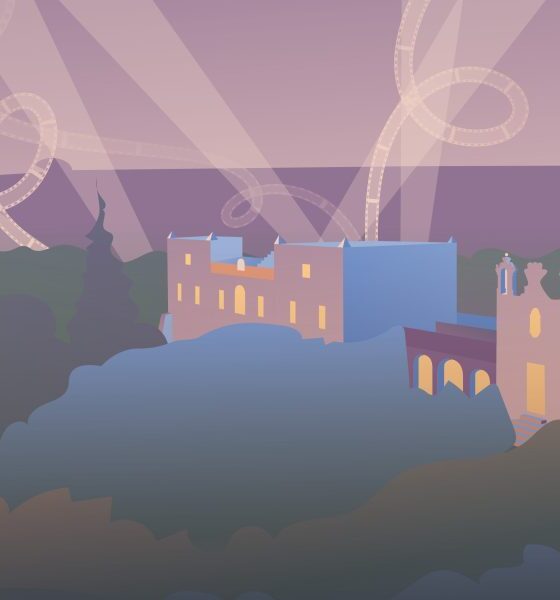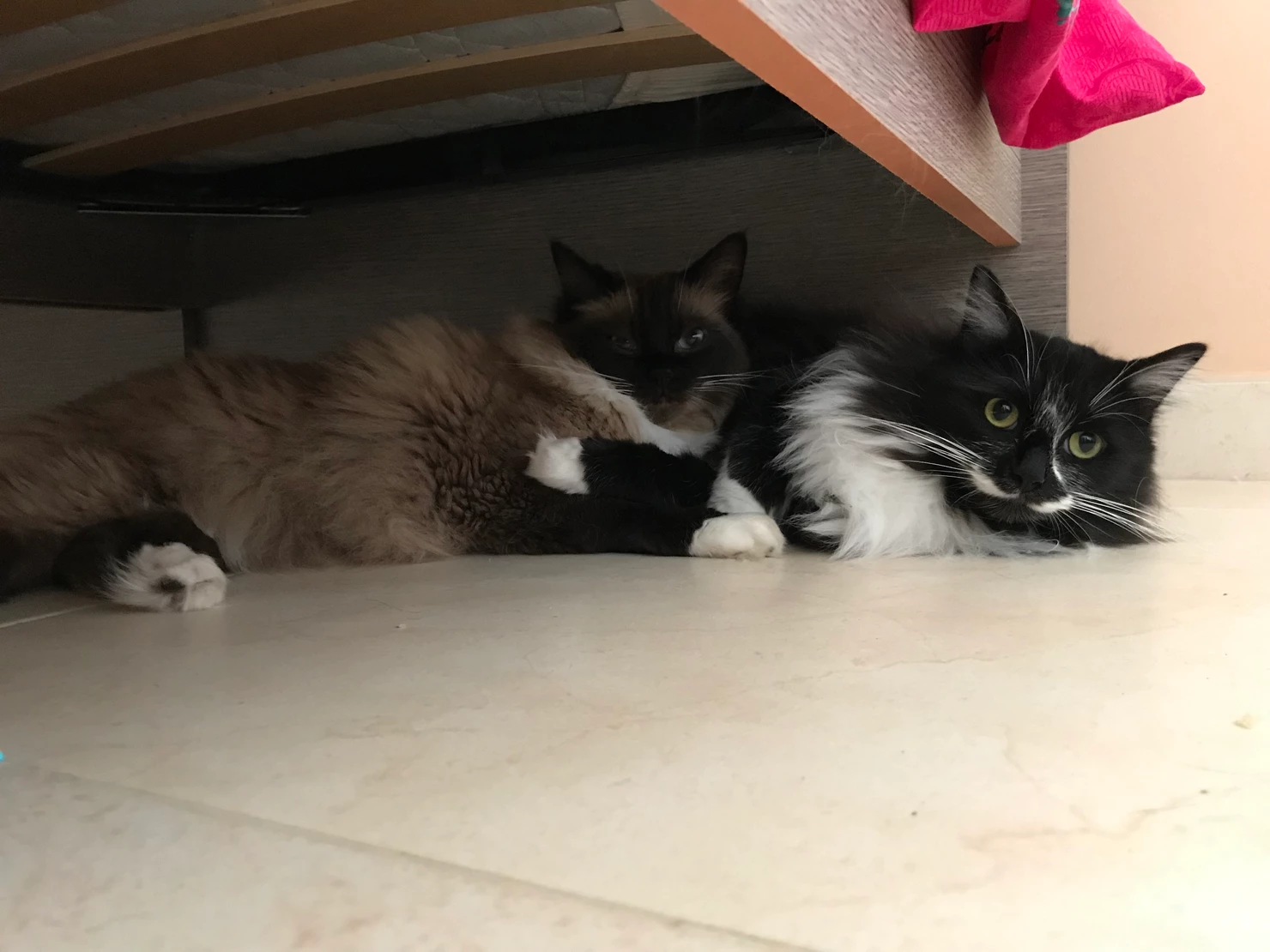Your first booked gig is a rush like no other. The adrenaline. The excitement. The “Oh my god, people actually came to see us!” moment. It’s a milestone that says your band isn’t just a hobby anymore — it’s a name people are starting to remember.
Whether you’re debuting your original songs or firing up the crowd with your best cover set, stepping onto that stage is your chance to show what you’ve got. But here’s the thing: showing up with just your instruments and enthusiasm isn’t enough.
Even the wildest punk bands, grittiest indie outfits, and most experimental jazz collectives are professional about their setup. Why? Because preparation = confidence. And confidence = a killer performance.
So before you roll up to the venue, here’s how to make sure you’re 100% ready for your first gig.

1. Know your equipment inside out
You don’t want your first gig to be the night you discover your amp crackles, your guitar cable cuts out, or your mic stand is missing a screw.
- Bring your own gear whenever possible. This includes PA systems, mixers, leads, and power strips. While some open mic nights provide equipment, it’s not always top-notch (or even in good working order).
- Do a full gear check before the gig. Tune your instruments, test your cables, and bring spares of everything — strings, batteries, plectrums, and drumsticks.
- Know your settings. If you use pedals, effects processors, or backing tracks, make sure you’ve memorised your settings or marked them clearly so setup is quick and stress-free.
Pro tip: Arrive early to soundcheck and test everything in the space. Different rooms can change your sound dramatically, so adjust accordingly.

2. Curate a setlist that works
Walking on stage and deciding “let’s just see what happens” can lead to awkward silences, rushed changes, and songs that don’t quite fit the vibe. Instead, think of your setlist as a story.
- Open strong. Start with an upbeat track that hooks the audience in the first 30 seconds.
- Build momentum. Place your most energetic songs in the middle when the crowd is warmed up.
- Finish big. Close with a track that leaves people buzzing and wanting more.
Your setlist should also match your goal. Promoting new music? Make sure those tracks are centre stage. Playing to a crowd that doesn’t know you yet? Balance originals with familiar covers to keep them engaged.
Pro tip: Have one or two “floating” songs you can swap in if the crowd’s vibe changes. Flexibility keeps your show fresh.
3. Practise until it’s muscle memory
Yes, even if you’ve played your songs a hundred times. Yes, even if you’re that confident. Practice is the difference between a good gig and a great gig.
- Rehearse your setlist in full. Play it from start to finish, just as you would live.
- Practise transitions. The moments between songs can make or break the energy — plan your banter, tuning breaks, and instrument swaps.
- Simulate gig conditions. If possible, practise standing up, using your gig gear, and with the same sound levels you expect at the venue.
Pro tip: Record your rehearsals. You’ll pick up on mistakes, awkward pauses, and areas for improvement that you might miss in the moment.

4. Bring the extras that make you memorable
The difference between a band that plays a gig and a band that owns a gig is often in the details.
- Merch table: Even a small selection of stickers, badges, or T-shirts gives people something to take home (and remember you by).
- QR codes: Link them to your streaming platforms, social media, or mailing list. Stick them on posters, flyers, or your merch table.
- Stage presence: Move, interact with the crowd, and make eye contact. You’re not just playing music — you’re creating an experience.
Pro tip: Have a friend film parts of your performance. You can use the footage for promotion, social media posts, or to analyse your stagecraft.
5. Mindset matters
The gear, the setlist, the merch — they’re all crucial. But at the heart of it, your first gig is about connecting with your audience. That means being present, soaking in the energy, and not letting small mistakes throw you. Remember: the audience wants you to do well. They’re rooting for you. So if you miss a note, smile, keep going, and turn it into part of the show.
Final thoughts
Your first gig is a milestone you’ll never forget. The nerves, the excitement, the feeling when the crowd cheers — it’s addictive. But the best way to make sure you walk off stage buzzing (and not cringing) is to prepare like a pro.
Know your equipment. Plan your setlist. Practise until it’s second nature. Add those small touches that make you unforgettable. And most importantly — enjoy it.
Because the truth is, this is just the beginning.
